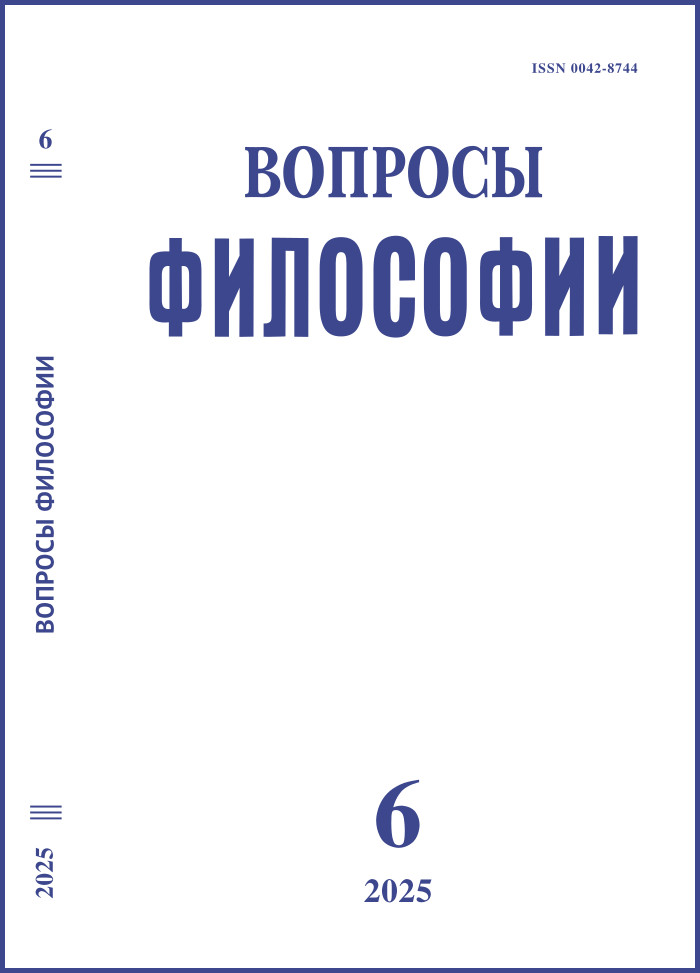Critical Issues of Epistemology through the Lens of “Social Relay Races”
DOI:
https://doi.org/10.21146/0042-8744-2025-6-61-67Keywords:
social relay races, wave processes, suprareflexive position, system with reflection, collector programs, model of science, methodology of science, history of science, autopoiesis of scienceAbstract
The article focuses on the epistemological heritage of Mikhail Aleksandrovich Rozov, namely his theory of social relay races. Rozov’s original epistemology, claims the author of the article, provides some extra research lens that allow us to discern “live” experience in the achievements that have long gone down into the archives of the history of science. The central part here is attributed to wave processes or, as Rozov calls them, “social kumatoids” (from the Greek κύμα – wave). These wave processes are revealed to the researcher-cum-epistemologist when he takes up the so-called “supra-reflexive position”. In this case, the epistemologist discovers the opportunity to discern a relay race of social memory in numerous cases of scientific research scattered about in the history of science. In its turn, the identification of the functional role of the supra-reflexive position should be considered as the starting point of the subsequent development of the theory of social relay races in science and cognitive activity in general. The article also shows the similarities and differences between Rozov’s theoretical concept, and the approaches of Thomas Kuhn and Niklas Luhmann, as well as the “wave mechanism” of generating innovations in science. Turning to the generation of innovations, Rozov suggests considering the work of “collection programs” (from the Latin collector). Their function is to cross the boundaries between search strategies in different areas of scientific knowledge, including between the humanities and natural sciences. We are talking about transdisciplinary transitions, when one program revolutionizes another. Collection programs arise against the background of the accumulation of materials from discussions around training courses, scientific articles, reviews, monographs, and, in particular, when discussing works on the history of science.

